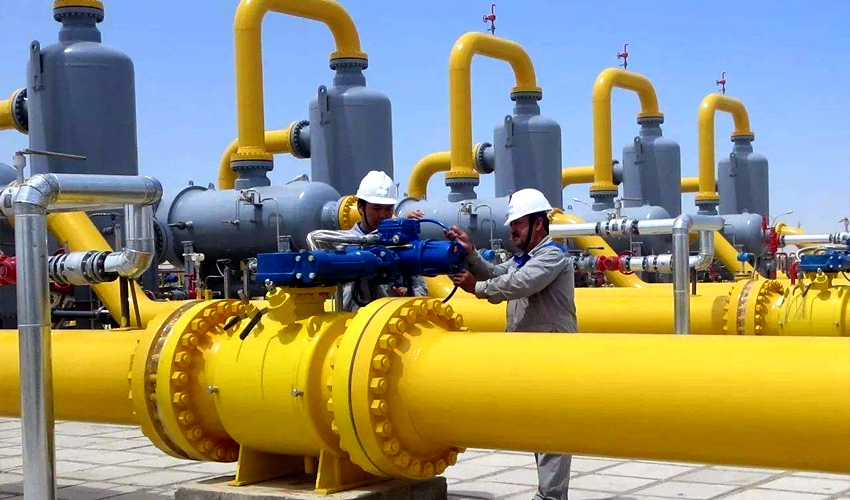-
Call Us
+91 8983836955 For Our Global Presence click here - Gut No - 324, MIDC Phase - II,
Chakan Industrial Area,
Village Bhamboli, Tal - Khed, Dist - Pune,
Maharashtra, INDIA - 410501

- September 6, 2023
- Marine Valves
A Quick Guide to Understanding Marine Valves
Marine valves are a vital component in the operation of ships, especially when it comes to controlling the flow of fluids and gases on board. In this quick guide, we will delve into the world of marine valves, shedding light on their significance, types, and applications in ship and gas line systems.

Marine Valves – The Basics:
Marine valves, often referred to as ship valves, are specialized devices designed to control the flow of various fluids and gases on ships and offshore installations. These valves play a crucial role in maintaining the safety, efficiency, and functionality of marine systems.
Types of Marine Valves:
There are several types of marine valves, each designed for specific purposes. Here are some common categories:
a. Ball Valves:
Ball valves feature a spherical disc (the ball) that rotates to control the flow of fluids. They are widely used in ship systems due to their reliability and ease of operation.
b. Gate Valves:
Gate valves use a sliding gate to regulate the flow of fluids. They are suitable for applications requiring a full flow or complete shutoff, such as controlling water intake and discharge.
c. Globe Valves:
Globe valves have a plug and seat arrangement to control fluid flow. They are ideal for fine-tuning the flow rate and are commonly found in ship engine systems.
d. Butterfly Valves:
Butterfly valves use a disc that pivots to control flow. They are lightweight and provide efficient control, making them valuable in various ship systems.
Marine Valve Applications:
Marine valves find applications in various ship and gas line systems, including:
a. Engine Room Systems:
Valves are used in engine rooms to control the flow of cooling water, fuel, and lubricating oil, ensuring the smooth operation of marine engines.
b. Ballast Systems:
Marine valves help manage ballast water, crucial for stabilizing the ship’s balance, especially during loading and unloading.
c. Fuel Transfer:
They are employed to regulate the transfer of fuel from storage tanks to the ship’s engine, enabling efficient propulsion.
d. Gas Line Systems:
In gas line systems, marine valves control the flow of gases, ensuring safety and efficient distribution on board.
Maintenance and Safety:
Proper maintenance of marine valves is essential for ship safety and reliability. Regular inspections, lubrication, and testing are key to preventing leaks and malfunctions.
Conclusion:
Understanding marine valves and their applications is fundamental for anyone involved in the maritime industry. These valves play a pivotal role in ensuring the smooth operation of ships and gas line systems, emphasizing the need for proper maintenance and adherence to safety protocols. Whether you’re a maritime professional or simply curious about ship systems, this quick guide provides valuable insights into the world of marine valves.
